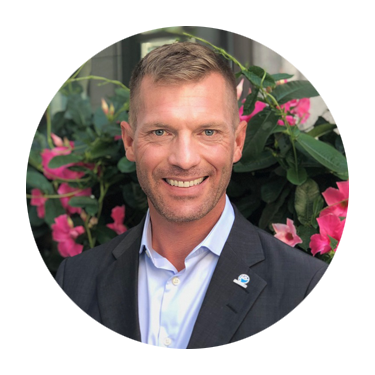Traditionally and legally, one is considered to become an adult at the age of 18, the age at which one acquires the right to vote and becomes a full citizen. It is also a period, which can extend to the mid-twenties, when responsibilities increase in number and importance. This transition to adulthood brings its own challenges and difficulties, which are sometimes difficult to manage. These difficulties can even lead to anxiety, in which case it may be more than appropriate to consult a certified psychologist.
The passage to adulthood: a period of decisive changes
The period between the ages of 18 and 25, which is associated with the transition to adulthood (which follows childhood and adolescence) is a time of great change. This is usually the time when people leave home, pursue post-secondary education, sometimes in a city other than the one in which they grew up, and/or formally enter the labour market. For some, it is also the time of the first serious romantic and relational engagement, which may be accompanied by the first cohabitation with a spouse. These changes, whether alone or in combination, come with their share of decisions to be made and new responsibilities! The person must therefore acquire autonomy, which is more or less easily done depending on the case.
An anxiety-provoking transition
For most people, this transition to adulthood generally goes well, even if some small bumps are possible or even normal (one is never safe from a bad decision at a particular time). However, some young adults find it more difficult to assume new responsibilities, which for them can even be a source of anxiety. Although this is part of the “normal” course of life, not everyone has achieved the same sense of responsibility and level of independence at this age. Disorganization and the inability to manage the responsibilities of adult life can even become the source of a sense of emptiness, or even great distress when the situation seems hopeless. Thus, this can affect a person’s mental health, who may then seek resources to help him or her juggle all these changes.
Some factors contributing to difficulties in adapting to adult life
- Parental overprotection: An overprotected youth has fewer opportunities to make decisions or deal with adversity (frustrating situations, difficult choices, etc.). These situations help develop autonomy and prepare for the challenges of adult life.
- A hedonistic lifestyle: Some people attach too much importance to the notion of pleasure, thereby rejecting important decisions or taking on simple responsibilities.
- A fear or disgust of taking responsibility: It can be attractive to remain in an adolescent mentality, a time when there are far fewer decisions to be made. This mindset can even lead to denial of responsibility.
Psychological follow-up to better manage these changes
A person may be experiencing great difficulty (disorganization, denial, anxiety, panic attacks, etc.) and may not seem to be able to make a healthy transition to adulthood. This is usually because they have not been able to develop the necessary emotional, socio-emotional and psychological tools. Follow-up with a professional should then be considered.
The psychologist can thus help to establish or reestablish the foundations of an autonomy that has been incorrectly constructed until now. Through personalized support, he can help the young adult take a break to reflect on how he is managing the challenges of his new life and to identify his shortcomings in this regard. From then on, the professional and the patient can, together, develop adapted strategies and implement them!
If you recognize yourself in this article, or someone you know, please do not hesitate to contact us at Clinique GO™. We will be able to refer you to the teleconsultation services of one of our dedicated psychologists!
 Approuvé par Francis Desjardins
Approuvé par Francis Desjardins



